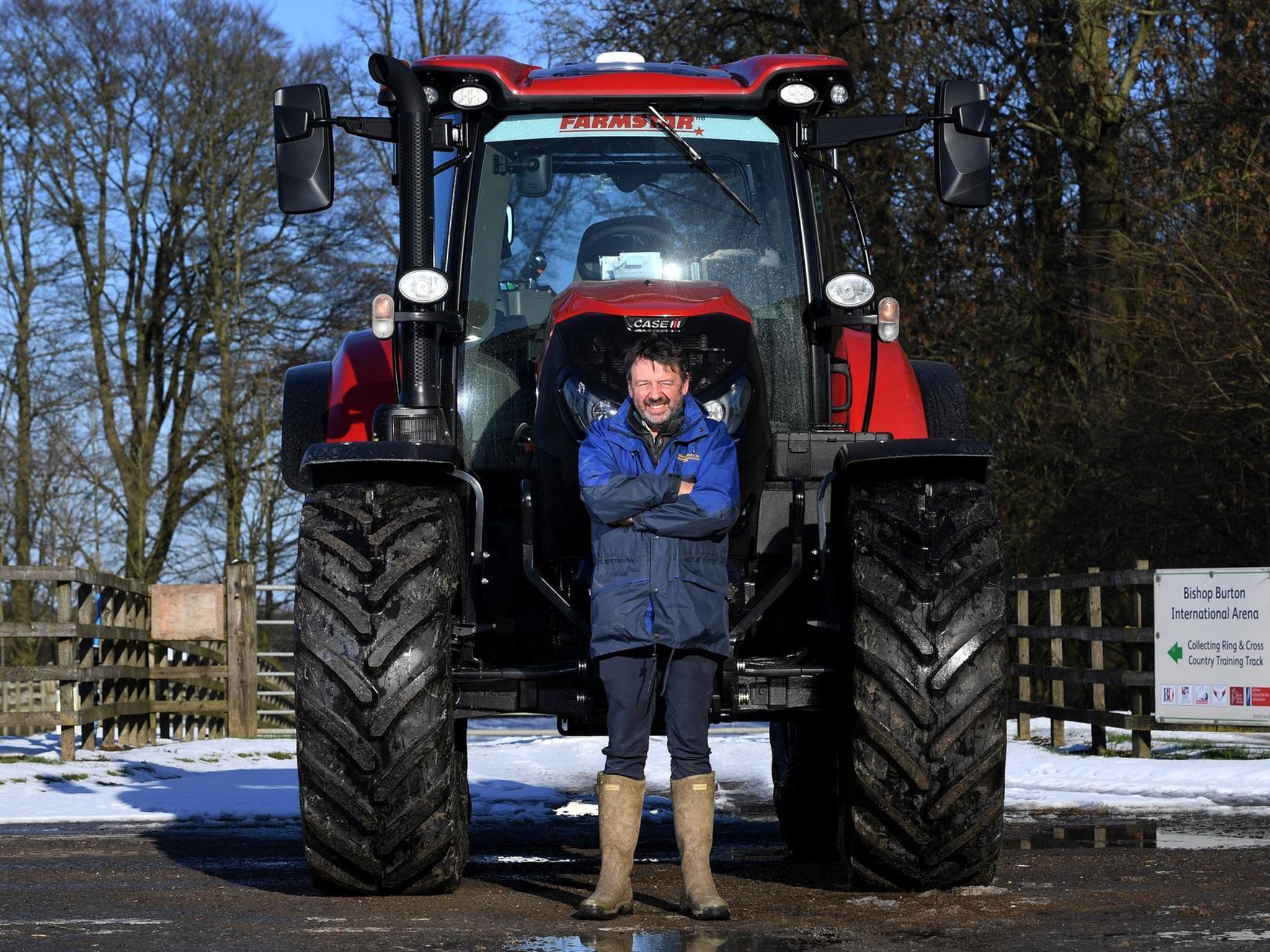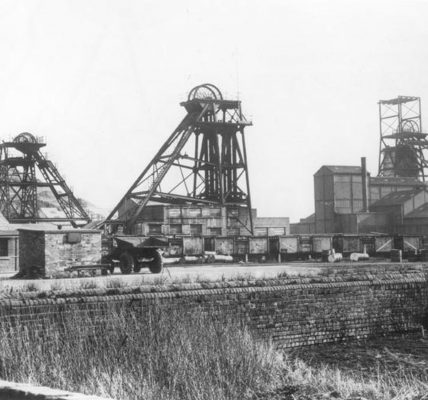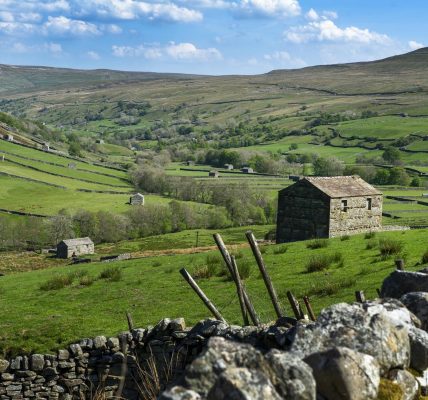Precision techniques could help with carbon capture and nature friendly farming
Precision technology which can ‘map’ soil health, predict potential yields and make the most efficient use of inputs could all help UK farmers compete on a global stage.
Beverley-based Bishop Burton Agricultural College is currently in the middle of a capital project, which has seen an investment of almost £2m in precision farming as part of its role in the Government backed, US and Humber Institute of Technology (IoT).
When it is completed in late spring, the new building will form the hub of a complete precision farming system, which will be used to deliver a range of high level courses using technology and ‘big data’ to reduce the environmental impact of agriculture.
College Principal, Bill Meredith, said at the moment, while there is a huge amount of technology available it is not being properly utilised.
“We need to train new entrants with these techniques, but, just as importantly, the current workforce needs to be able to upgrade their skills as well.”
An employer-led collaboration between businesses, colleges and universities in the region, the Institute of Technology’s objectives are to provide the higher level skills in digital technology and STEM – science technology, engineering and maths – which are needed to boost the region’s economy.
“Our role in the IoT will be in providing skills training for precision agriculture. The focus is particularly on arable but we will be bringing it into livestock management as well,” Mr Meredith said.
As well as agriculture, the university level courses provided through the college as part of the IoT will include engineering, wildlife and conservation management with college level courses in agriculture and land based engineering.
Bishop Burton College Higher Education Academic Lead for Agriculture, Sharon Kirby, said the new ‘hub’ will help fill a known skills gap in the agricultural sector.
“Being part of the IoT gives us an opportunity to update our current farming practices to be a leader in the field.
“Precision crops are more environmentally friendly and can reduce inputs. By implementing them on the college farm, which is also used as a demonstration farm for the wider region, we can show the positive impact it could have for farming businesses.”
There are currently 12 Institutes of Technology in the country with long-term plans for one in each region.
The college farm, which is managed by Andrew Charlton, has already started to use precision techniques.
“The margins are tiny in agriculture and precision farming can help reduce costs which in turn helps that margin,” said Mr Charlton.
Precision farming uses technology such as drones, GPS and satellite systems to create an efficient and informed system which also lessens the impact of agriculture on the land.
Land ‘maps’ give a detailed analysis of the soil, highlighting which areas are most productive and which are the least.
Rather than ploughing, the system uses a non-inversion tilling system which keeps organic matter on the surface of the soil rather than digging it deeper into the ground, allowing it to capture more carbon and hold it in the soil.
Seed and inputs such as fertiliser are ‘spread’ through a variable system linked by satellite to the tractor GPS which, using the data from the land map, will only apply what is needed in each particular part of the field.
And when it is time to harvest, the combine harvester, fitted with a yield metre, creates a yield map which shows how well the crop has performed in each area.
“Precision equipment reduces the use of inputs in a way which doesn’t damage the overall output of the farm and using the methodology of mapping and gathering data on the land means farmers are not slogging away at areas of land which are unproductive,” said Mr Charlton.
“The data from the soil mapping shows where the land is capable and gives it every opportunity to produce yield and earn money.”
Mr Charlton said this new way of working is helping the college site put unproductive pockets of land to good use.
“We have recently done some tree planting and the areas were chosen on the basis that the land wasn’t going to make a penny piece.”
“As we come out of the Common Agricultural Policy (CAP) support system, it is even more important to look at efficient food production for a sustainable business model,” said Mr Meredith.
“Farming more efficiently reduces the carbon footprint and ensures we are producing food with fewer add ins.”
The system which will replace the CAP subsidies, the ‘public money for public goods’ Environment Land Management Scheme (ELMS) will have its focus on environmental farming.
“ELMS will protect the environment and help with de-carbonisation targets, which we feel the college, as part of the IoT, has a big role in helping deliver,” Mr Meredith said,
Mr Charlton added from the point of view of ELMS the issues are around the inputs in arable farming, which are carbon intensive. “Nitrogen fertiliser, for example, can also produce a small amount of nitrous oxide which is a greenhouse gas. Common sense means we need to try to eliminate it as much as possible.”
Becoming carbon neutral is recognised as one of the biggest challenges. In 2019, the NFU set out its aim for agriculture in England and Wales to achieve net zero in 2040, a decade before the Government’s deadline. The goal for Bishop Burton College farms is 2030.
As well as adopting precision techniques, Mr Charlton said they are using a web-based farm carbon toolkit which will help monitor emissions and help them identify areas which can be improved.
“It needs to run for a year to give us a good overview and the new woodland areas we have already planted will help with that carbon capture.”










